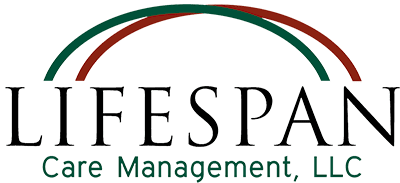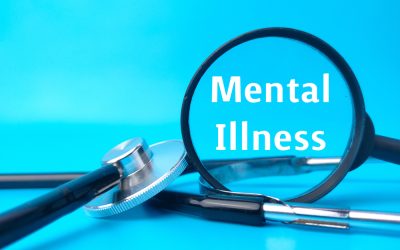LifeSpan Care Management Blog
Navigating The Healthcare System at 80
Understanding the Healthcare System for 80 Year Olds Reaching your 80s is an incredible milestone, one that comes with wisdom, resilience, and a lifetime of experiences. Yet for many older adults, navigating today’s healthcare system becomes increasingly complex....
Chronic Care Management For People in NJ
Understanding Chronic Care Management: What It Means for Seniors & Families in New Jersey When a loved one is living with a long-term health condition—such as diabetes, heart disease, COPD, or chronic kidney disease—their care needs go well beyond the occasional...
How to Talk to Your Aging Parents About Their Limitations
How to Talk to Your Aging Parents About Their Limitations Few moments in life are more delicate than realizing your parents are starting to need help. The people who once guided and protected you may now be facing physical, cognitive, or emotional changes that affect...
What are service management tools in healthcare?
What Are Service Management Tools in Healthcare? Highlighting Patient Advocacy for the Elderly As healthcare systems evolve to serve aging populations and individuals with chronic conditions, service management tools have become essential in coordinating care,...
Tele-Health Check-Up in Seniors – Why They Do Not Work
Telephonic Strategies to Manage Care Do Not Work. Here’s Why As healthcare systems grow increasingly digital, many organizations have turned to telephonic care management to check in with patients over the phone, track progress, review medications, and discuss care...
Hospice Care and Palliative Care: Complete Overview
What Is the Difference Between Hospice Care and Palliative Care? When an elderly loved one or someone living with a chronic illness reaches a stage where comfort and quality of life become the main priorities, families often encounter two terms—hospice care and...
Why Do You Implement Chronic Care Management?
Managing a chronic health condition — like diabetes, heart disease, or arthritis — is a complex, ongoing process. It’s not something that can be addressed in a single appointment or a short course of treatment. Because these conditions require continual oversight and...
How to Talk to Your Aging Parents About Their Limitations
As our parents age, we may start to notice a gradual decline in their ability to do things on their own — whether it’s managing their health care, keeping up their home, or staying socially connected. Initiating conversations about these limitations and figuring out a...
How Is Case Management Different from Therapy?
When you or a loved one is experiencing a mental health challenge, there are numerous services available to help you navigate obstacles and move forward in recovery. Two key components frequently recommended by health care providers are case management and therapy....
Benefits for Senior Citizens and Long-Term Care in New Jersey
As we age, securing proper health care, financial stability, and daily living supports becomes more important. For seniors and people needing long-term care in New Jersey, there are numerous programs designed to ease financial burdens, provide health services, and...
What is Targeted Case Management?
Targeted Case Management (TCM) in mental health is a specialized, patient-centered form of case management designed for individuals—children, adolescents, or adults—living with serious mental illness or emotional disorders. It's not about general population check-ins;...
Chronic Care Management and Holistic Therapies
Managing chronic health conditions can be complex, often requiring ongoing attention, coordination, and personalized care. Implementing Chronic Care Management (CCM) is a strategic approach designed to improve health outcomes, enhance patient quality of life, and...












